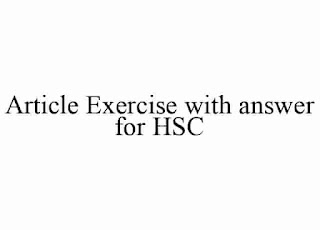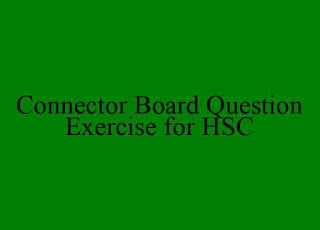Sidney's spacial claims for poetry
The entire essay can be considered as a defence of Poetry, by Sidney who has executed this job through a consecutive representation of arguments presented elaborately and illustratively.
Sidney's first plea is that Poetry should get back its real position, i.e., the highest estimation of learning due to its antiquity, its universality and its high position which it enjoyed since the ancient times. The excellence of poetry is proved by the fact that the earliest philosophers and historians were poets. The poets are the first light giver to ignorant people.
Sidney, even more poetically informs that the development of other tough and rather dull branches of knowledge has happened only through the delectable aid of Poetry. Even the primitive races exihibit their inherent taste and capability for composing poems. The Delphic Oracles and the Sybylline Prophecies also had been delivered in verse form.
Then, it can be assumed easily that poetry is Divine or, in other words, it possesses a clandestine divine force in it. Delving deep again, into the ANTIQUITY of Poetry, Sidney looks at the ancient Greeks, who had used the word poiein, meaning “to make”. Thus, the poet was, to the Greeks, a maker of a new, delectable and ideal world that can both teach and delight. In the Roman period also poets had been esteemed very high. They called a poet vates which is synonymous to a diviner, foreseer or prophet.
Critically examine sidney's views on the antiquity and universality of poetry
Sidney feels very proud to proclaim that the Romans bestowed rightly “so heavenly a title” upon Poetry that itself is a “heart ravishing knowledge”. So, poetry must be blessed with some divine force. In the next step, Sidney attempts to reveal the reasonableness of the term “Vates”; and decides that the holy David's Psalms are a divine poem.
Sidney's defence for Poesy reaches its apex when he claims that the Psalms of David are nothing but prosopopoeias (i.e , personifications) of that unspeakable and everlasting beauty to be seen by the eyes of the mind, only cleared by faith.
The second plea of Sidney for defence of Poetry lies in the special trait of the same of remaining INDEPENDENT, independent of choosing, imitating and inventing theme , plots , characters and stories also. So, the scope of poetry or, a poet is much broader than the practicers of all other fields of knowledge to “teach and delight”. And POETRY can surpass NATURE also in the grand task of creating a more delectable and ideal world, “freely ranging only within the zodiac of his own wit.”
Thus, only the poet, disdaining to be tied to any such subjection, lifted up with the vigour of his own invention, doth grow, in effect, into another nature , in making things better than nature bringeth forth, or, quite anew, forms such as never were in nature, as the heroes, demi - gods, cyclops, chimeras, furies, and such like; so as he goeth hand in hand with Nature, not enclosed within the narrow warrant of her gifts, but freely ranging only within the zodiac of his own wit.
Analysing critically, it can be said that Sidney through this long logical and illustrious advocacy asserts that the “heightened version of reality” presented in the poet's creation cannot only delight but also teach the readers or the viewers. So, his view of poetry is conservative in the Horatian manner. Finally, we can claim that the noblest task of POETRY is to make Mankind apprehend the purpose behind creation by God conforming with Sidney.



